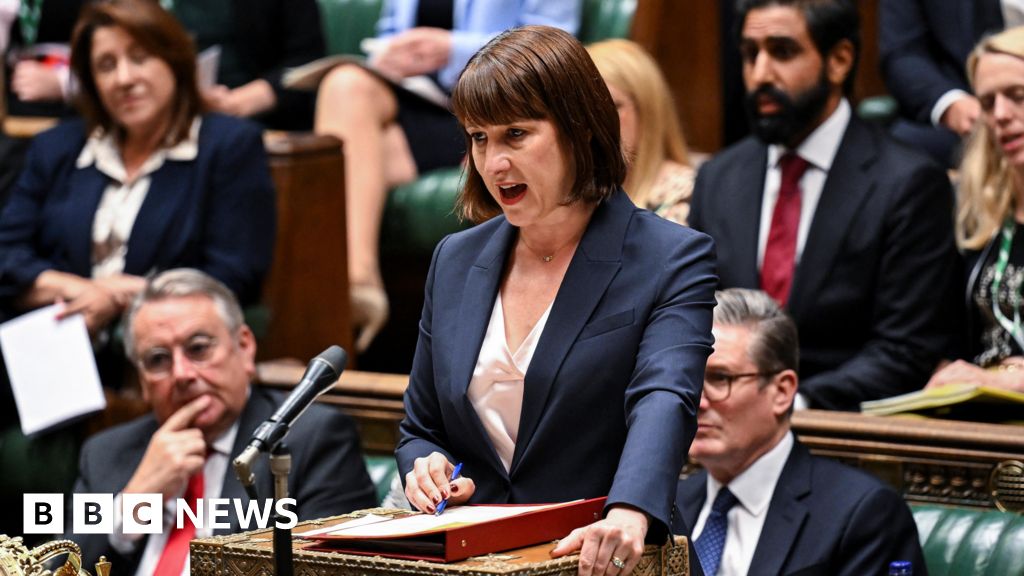Two years ago the “bean counters” at the UK’s top economic institutions were just about to come directly into the line of fire.
Liz Truss’ Conservatives were plotting a full frontal attack on the Treasury and the Office for Budget Responsibility (OBR), planning to sack the bosses of the former and abolish the latter altogether.
Things have now come full circle.
Treasury officials effectively penned a 20-page blame-sheet, cataloguing spending anomalies, as ammunition for the new chancellor, launching her own broadsides in parliament on Monday.
Then just after Rachel Reeves published her audit of spending, the OBR released a letter. The independent forecasters were unexpectedly backing up – in public – the chancellor’s central contention that she was left a dire fiscal inheritance.
The OBR clearly does suspect that there was a large hole left in the public finances before the election.
Just how black that hole is depends on whether you think the government really had any choice over its acceptance of 5-6% pay settlements for public sector workers.
But that aside, the OBR has made clear there were billions of pounds of spending pressures that it did not know about when preparing its last forecast in March.
The spending was only revealed to them last week, the letter said, and given the “seriousness of the issue” the OBR has launched a review into the March forecast to assess the “adequacy” and “assurances” provided by the Conservatives.
This revelatory letter does significantly undermine the notion put forward by the opposition – that is, the former government – that everyone had access to the OBR forecasts, therefore the “books were open”.
But this should not have come as a surprise. The OBR warned last year that the errors in its borrowing forecasts were largely down to underestimates in government spending. The OBR said that it was legally obliged to accept the figures it was given.
It appears that Rachel Reeves will end this practice. The OBR will now have new powers to initiate forecasts even when the government bypasses it, as occurred ahead of the Liz Truss mini-Budget. It will also be able to question government assumptions about spending by departments.
This is all part of the new chancellor’s approach – accepting the advice of independent experts and institutions.
The OBR is being strengthened. Expert pay reviews are accepted in full, in what could amount to the biggest pay rise in British history for 2.5 million workers. A new Office for Value for Money is being created to look for savings. There are new bodies to control and prioritise public investment.
Perhaps this is the instinct of a chancellor who cut her teeth as a young economist in the newly independent Bank of England.
Her other instinct is about the importance of a new chancellor’s credibility. The decision to target pensioners’ winter fuel payments on welfare recipients was an attempt to show her fiscal hawkishness, and her ability to take tough decisions. It was effectively a down-payment on the extra sums promised for public sector pay.
So Monday’s announcements are not just about a blame game and attempting to make Jeremy Hunt the fall guy. The rough parameters of the 30 October Budget have been set, one that will entail a multi-year Spending Review next spring and surely some form of tax rise.
At that point, showering the blame on their predecessors in Downing Street will look like the easy part.
The real challenge will lie in reconciling these cuts to public investment and possible extra taxes on capital with getting the economy back to strong growth.

